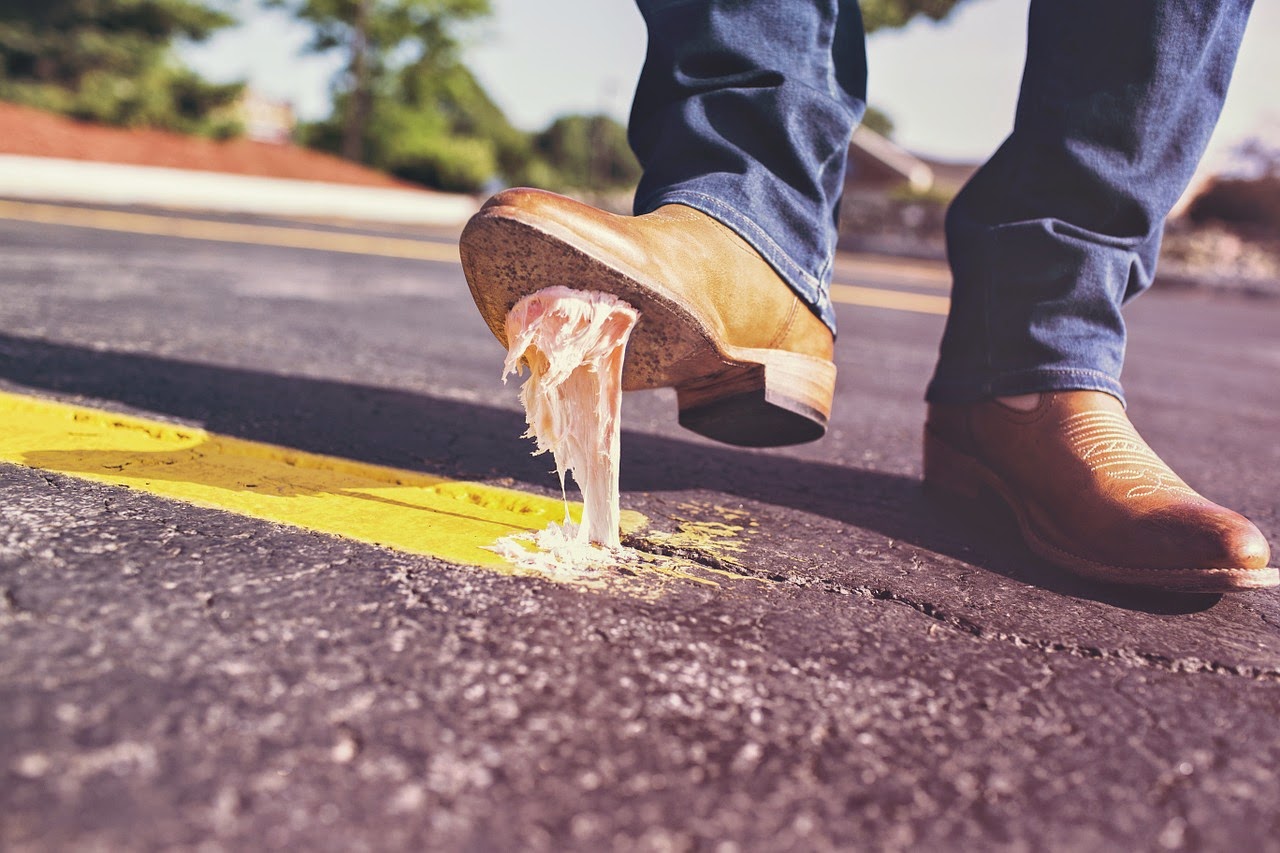Not that I need an excuse to light a candle, it's the first thing I do when I get home from work now that the evenings are so dark. Nothing is more cosy and comforting than the soft flicker of a scented candle.
If your candle burning however, has left you with a few waxy drips don't panic, its not that difficult to clean up. Here's how to remove wax from most:-
Hard Surfaces.
1. Freeze to harden wax using either a plastic bag filled with ice cubes or a packet of frozen peas. Protect your hands with gloves.
2. Use a blunt knife to gently scrape away wax from surface, being careful not to scratch it.
3. Wipe with a sponge dipped into a solution of laundry powder or dish washing liquid in warm water, a small amount of either soap is sufficient. Repeat until stain disappears.
Washable Fabric.
1. Scrape away excess wax and place the affected area in between two pieces of white blotting paper or kitchen towel.
2. Press gently with a warm iron and change the paper as it absorbs the stain.
3. Use the stain removing solution above on non colour fast fabric if any residue remains. For whites and cottons you can flush hot water straight through the fabric.
4. Allow to dry. If the stain remains repeat the above step.
5. When all trace of the stain have gone, wash in the washing machine as normal.
Carpet.
1. Freeze candle wax using the previous method.
2. Remove excess wax with a blunt knife or spatula.
Place a piece of grease proof paper over the stain and press with a warm iron. Change the paper and repeat until no stain remains.
3. Use the dish wash solution, 1/4 teaspoon to a cup of warm water to blot clean the residue. Repeat as necessary.
Of course preventing any candle wax stains is safer and obviously cleaner, so my top tips are:
- Position your candle where you want it and light it there. Don't light your candle and then carry it to where you want it!
- Always use a candle holder and place on heat resistant surfaces.
- Keep away from soft furnishings and drafts.
- Keep out of reach from children and pets.
- Never leave a lit candle unattended.
- Use a candle snuffer or a spoon, never blow out a candle as you could spread wax or sparks.
I'm a Candle Connoisseur Extraordinaire! What is your candle IQ?
Written by Julia Poole owner at Elite Cleaning Ltd



.png)








.png)


